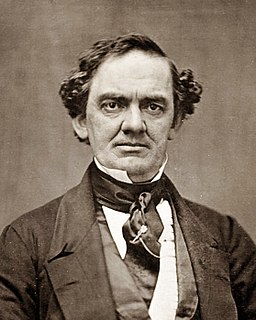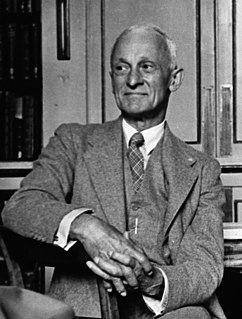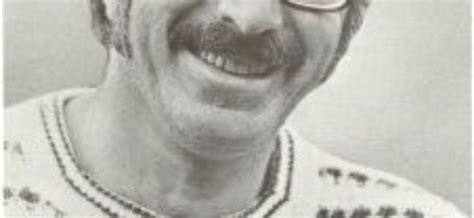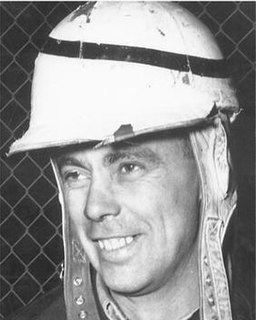A Quote by Louis L'Amour
A man in his life may have many teachers, some most unexpected. The question lies with the man himself: Will he learn from them?
Related Quotes
Every man should make his son or daughter learn some useful trade or profession, so that in these days of changing fortunes of being rich today and poor tomorrow they may have something tangible to fall back upon. This provision might save many persons from misery, who by some unexpected turn of fortune have lost all their means.
The man who lies to himself can be more easily offended than anyone else. You know it is sometimes very pleasant to take offense, isn't it? A man may know that nobody has insulted him, but that he has invented the insult for himself, has lied and exaggerated to make it picturesque, has caught at a word and made a mountain out of a molehill--he knows that himself, yet he will be the first to take offense, and will revel in his resentment till he feels great pleasure in it.
Best not to look back. Best to believe there will be happily ever afters all the way around - and so there may be; who is to say there will not be such endings? Not all boats which sail away into darkness never find the sun again, or the hand of another child; if life teaches anything at all, it teachers that there are so many happy endings that the man who believes there is no God needs his rationality called into serious question.
There are few master teachers in life. ... But there are many who can listen to life so well that they can hear the vastness in everything and in you. A teacher is someone who has learned to listen to life. Someone who has found a way to listen well. Any real teacher is only a finger pointing. In the end, we may find out more by not following our teachers but by following what our teachers follow for themselves. From a good teacher you may learn the secret of listening. You will never learn the secrets of life. You will have to listen for yourself.
The truly educated man is not a man who knows a bit of everything, not even the man who knows all the details of all subjects (if such a thing were possible): the “whole man” in fact, may have little detailed knowledge of facts and theories...but he will be truly in touch with the centre. He will not be in doubt about his basic convictions, about his view on the meaning and purpose of his life. He may not be able to explain these matters in words, but the conduct of his life will show a certain sureness of touch which stems from this inner clarity.
I believe that the unity of man as opposed to other living things derives from the fact that man is the conscious life of himself. Man is conscious of himself, of his future, which is
death, of his smallness, of his impotence; he is aware of others as others; man is in nature, subject to its laws even if he transcends it with his thought.
The act of writing bears something in common with the act of love. The writer, at his most productive moments, just flows. He gives of that which is uniquely himself. He makes himself naked, recording his nakedness in the written word. Herein lies some of the terror which frequently freezes a writer, preventing him from producing. Herein, too, lies some of the courage that must be entailed in letting others learn how one has experienced or is experiencing the world.
A man's character is like his house. If he tears boards off his house and burns them to keep himself warm and comfortable, his house soon becomes a ruin. If he tells lies to be able to do the things he shouldn't do but wants to, his character will soon become a ruin. A man with a ruined character is a shame on the face of the earth.






































